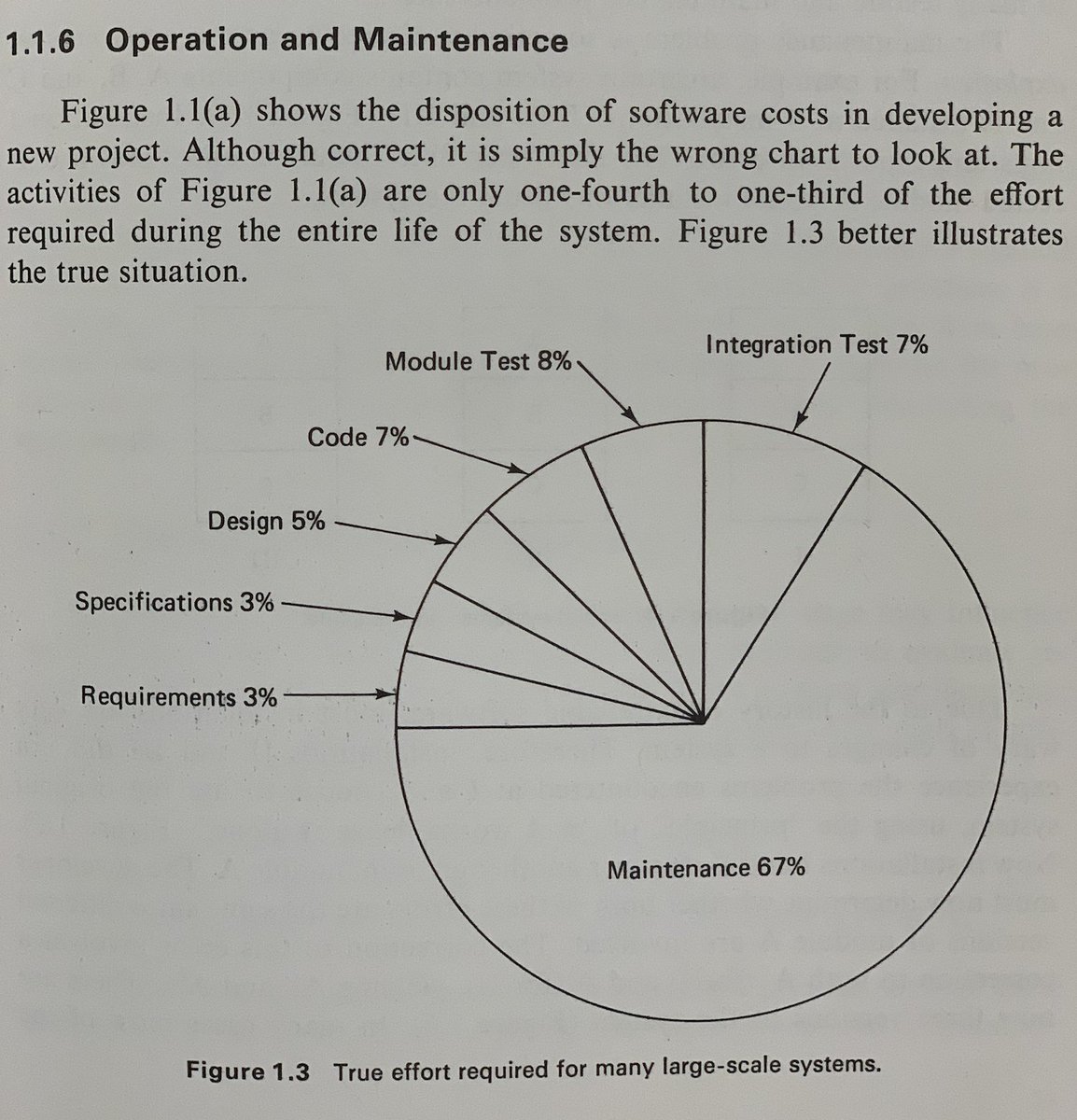
The monolith vs microservices debate…
By now there is plenty of evidence that both architectures can lead to a “mess”. This only shows that we should not look at these as mechanisms for controlling the said mess” in the first place.
The answer lies somewhere else.
1/
By now there is plenty of evidence that both architectures can lead to a “mess”. This only shows that we should not look at these as mechanisms for controlling the said mess” in the first place.
The answer lies somewhere else.
1/
https://twitter.com/nipafx/status/1364602910496153601
“It’s the people!”
Well, as long as it’s people building the system, of course it’s the people. But, saying that does not get us closer to figuring a way forward though.
2/
Well, as long as it’s people building the system, of course it’s the people. But, saying that does not get us closer to figuring a way forward though.
2/
Now, what exactly does “mess” mean? The famous spaghetti code?
Mess tends to assume that there is a clean way. And by clean, people typically mean easy to understand and change.
3/
Mess tends to assume that there is a clean way. And by clean, people typically mean easy to understand and change.
3/
And if we trim the dependencies to only focus on the internal components and show only the direct external dependencies, the mess gets a lot cleaner.
6/
6/

Now, if we go a step further and connect the graph with documentation in an interactive environment, we transform the “mess” into an exciting opportunity.
(These are actually the dependencies of #gtoolkit as shown in the live documentation)
7/
(These are actually the dependencies of #gtoolkit as shown in the live documentation)
7/

In this little experiment is that we did not change the system, yet the problem moved from apparently messy to interesting. This shows that messy/clean is not property of the system alone, but both of the system and of how we look at the system.
8/
https://twitter.com/girba/status/1352734434613727232
8/
Of course, how the system is constructed matters a great deal and monolith vs microservices is a useful conversation. But, that conversation is not about messiness. It’s about other issues such as scalability or team organization.
9/
9/
If it’s the evaluation of mess you are interested in, revisit how you look at the system.
That might sound like an investment. That’s because it is. And is one you should start making right away.
#MoldableDevelopment
10/
That might sound like an investment. That’s because it is. And is one you should start making right away.
https://twitter.com/girba/status/1355138425234583552?s=20
#MoldableDevelopment
10/
And if you worry about the lack of budget … well, I’d compare it with the alternative.
The way we look at systems is not only a technical imperative. It’s a business one, too.
11/
The way we look at systems is not only a technical imperative. It’s a business one, too.
https://twitter.com/girba/status/1365687752000499715?s=20
11/
• • •
Missing some Tweet in this thread? You can try to
force a refresh






